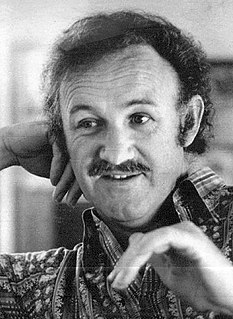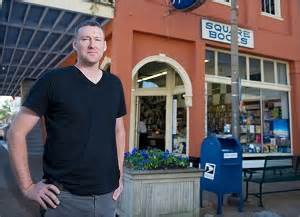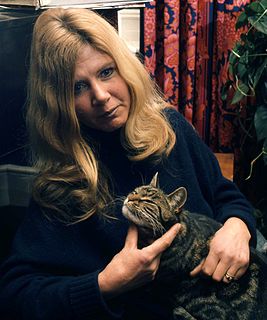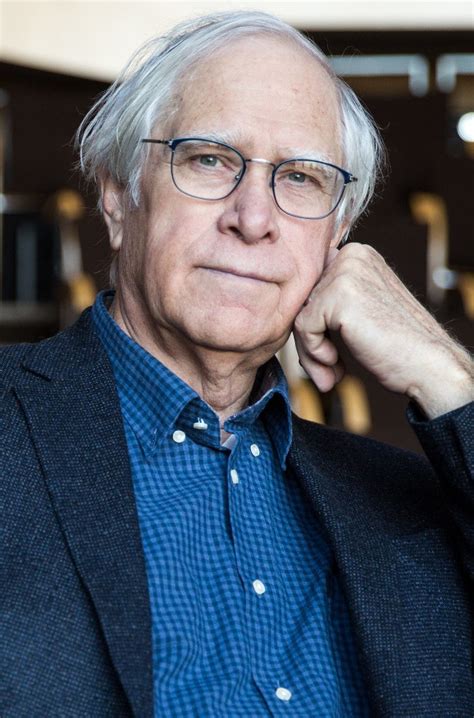A Quote by Steve Jobs
The manual for WordStar, the most popular word-processing program, is 400 pages thick. To write a novel, you have to read a novel - one that reads like a mystery to most people. They're not going to learn slash q-z any more than they're going to learn Morse code. That is what Macintosh is all about.
Related Quotes
When you learn to read and write, it opens up opportunities for you to learn so many other things. When you learn to read, you can then read to learn. And it's the same thing with coding. If you learn to code, you can code to learn. Now some of the things you can learn are sort of obvious. You learn more about how computers work.
I don't think about the reader in any conscious way that impacts the writing, as far as, Hey, most readers would like this! But at the same time, if it were presented to me: "John, you're going to write a novel. It's going to take you a few years. When you're done with it, there's a law that no one's allowed to read it." I don't think I would write it. I want someone to read it!
It's very bad to write a novel by act of will. I can do a book of nonfiction work that way - just sign the contract and do the book because, provided the topic has some meaning for me, I know I can do it. But a novel is different. A novel is more like falling in love. You don't say, 'I'm going to fall in love next Tuesday, I'm going to begin my novel.' The novel has to come to you. It has to feel just like love.



































